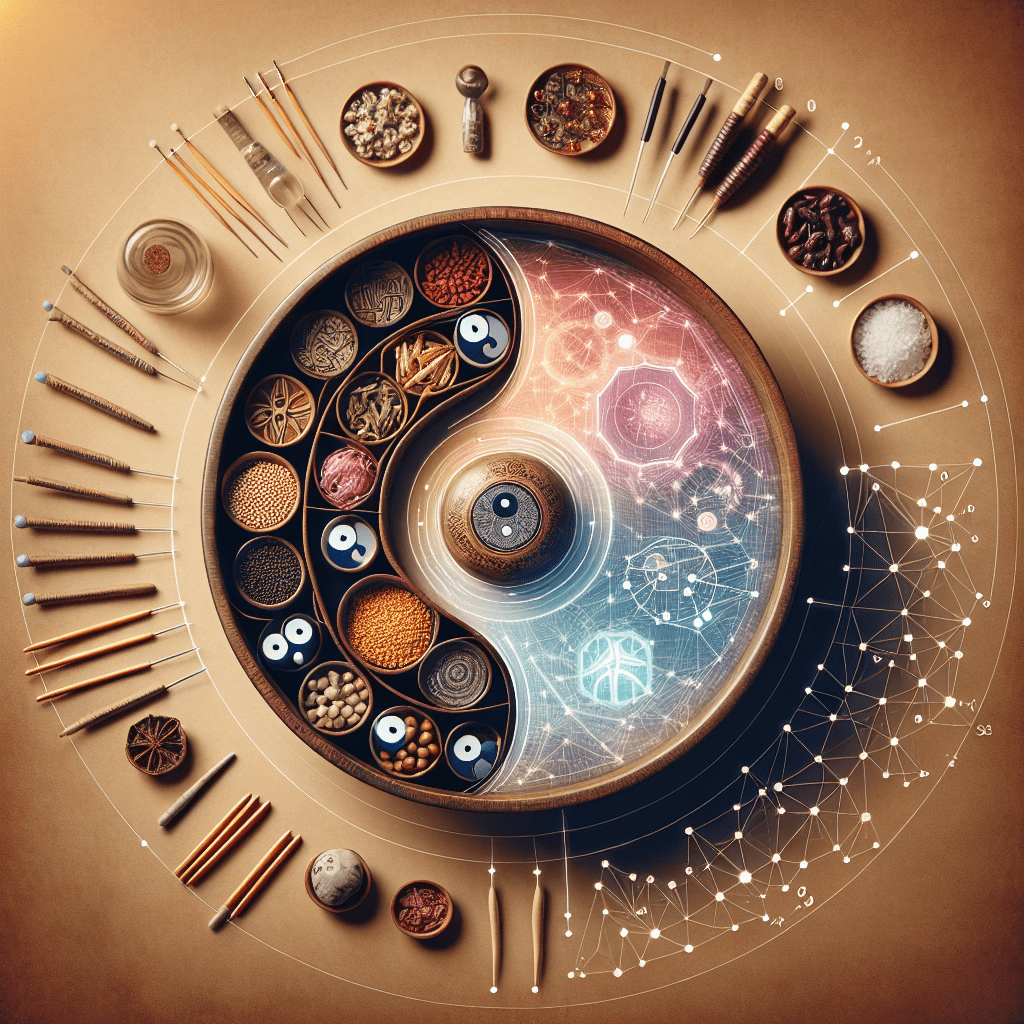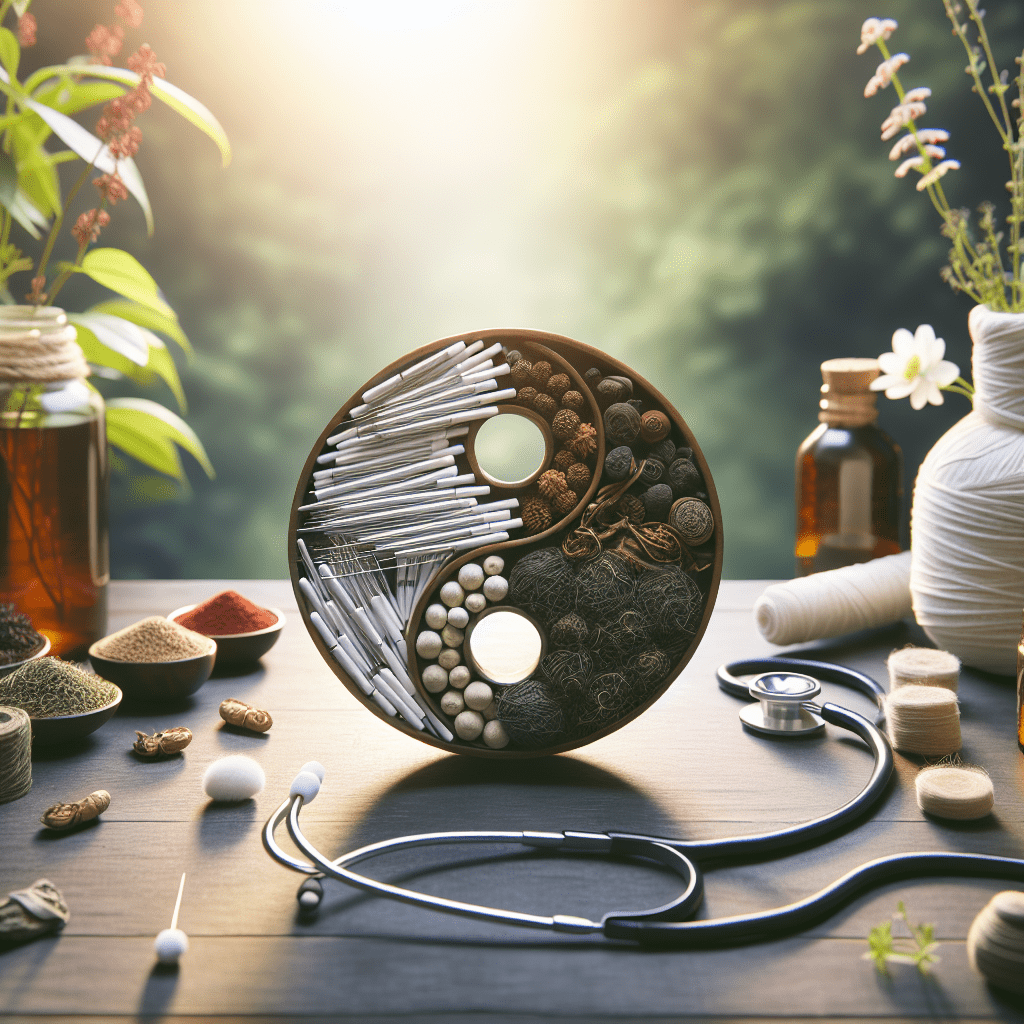Have you ever wondered why a massage on your foot can relieve a headache? Or why pressing a point on your hand might ease digestive discomfort? The answer lies in an ancient wisdom that’s gaining renewed attention in our modern quest for holistic wellness—the meridian system.
This fascinating network of energy pathways has been the cornerstone of Traditional Chinese Medicine (TCM) for over 2,000 years. Yet, it’s only recently that health-conscious individuals in the West have begun to embrace this profound understanding of how our bodies truly function. The meridian system isn’t just an ancient curiosity—it’s a comprehensive map to achieving balance, vitality, and wellbeing in today’s hectic world.
Understanding the Meridian System: Ancient Wisdom for Modern Wellness
In our search for natural wellness solutions, many of us are turning to time-tested approaches that view the body as more than just a collection of separate parts. The meridian system offers exactly this perspective—seeing your body as an interconnected whole where energy flows continuously, nurturing every cell and system.
The concept of the meridian system emerged from careful observation by ancient healers who noticed patterns of energy movement throughout the body. They documented how stimulating certain points could affect seemingly unrelated areas, revealing an invisible network that connects everything within us. This approach is central to Eastern healing methods that continue to revolutionize modern wellness practices. Today, this understanding aligns perfectly with our growing desire for holistic approaches to health that honor the body’s natural intelligence.
What Are Meridians? The Energy Highways of Your Body
Think of meridians as invisible highways that transport vital energy—called “qi” (pronounced “chee”)—throughout your body. These pathways form an intricate network connecting every part of you, from the surface of your skin to your deepest internal organs.
“The meridian system is like the body’s electrical wiring,” explains Dr. Lily Chen, a TCM practitioner with over 25 years of experience. “Just as electricity powers your home, qi powers your body. And just like electrical circuits need to be intact for appliances to work properly, your meridians need to be clear for optimal health.”
In Traditional Chinese Medicine, there are 12 primary meridians corresponding to specific organs, plus two governing vessels that regulate and balance the entire system. These meridians don’t follow the same pathways as blood vessels or nerves—they operate on a more subtle level, which is why conventional medical imaging hasn’t been able to “see” them in the way we can observe arteries or veins.
The unobstructed flow of qi through these meridians is essential for maintaining health and preventing illness. When qi flows smoothly, we experience vibrant health, mental clarity, and emotional balance. But when the flow becomes blocked or imbalanced—due to stress, poor diet, lack of movement, or emotional distress—we begin to experience symptoms that signal something’s amiss. This principle of balance forms the foundation of Yin Yang health approaches.
The Life Force: Understanding Qi and Its Flow
Qi is more than just “energy” in the way we typically think about it. It’s the fundamental life force that animates all living things. In the meridian system, qi serves multiple vital functions:
– It maintains body temperature
– It defends against pathogens and environmental factors
– It transforms food into nutrients the body can use
– It keeps blood and other bodily fluids flowing smoothly
– It maintains organs in their proper positions
– It supports transformation processes throughout the body
“When people say they feel ‘low energy,’ they’re often describing a qi deficiency,” says Emma Watson, a holistic health practitioner who integrates Eastern and Western approaches. “But qi issues can also manifest as stagnation—where there’s plenty of energy, but it’s stuck, creating tension, pain, or emotional frustration.”
Recent research at leading institutions has begun exploring the physical basis for meridians, with some studies suggesting they may correlate with fascial planes (connective tissue networks) or interstitial fluid pathways. While science continues to explore these connections, millions of people worldwide benefit from practices that work with the meridian system, experiencing improvements that can’t be explained by placebo effect alone. According to EBSCO’s research, the meridian system is essential for maintaining good health and harmony.
The Principal Meridians: Mapping Your Body’s Energy Network
Each of the 12 main meridians in the meridian system is named after the organ or function it’s primarily associated with. These include:
2. **Large Intestine Meridian**: Associated with elimination and letting go (physically and emotionally)
3. **Stomach Meridian**: Controls digestion and the breakdown of food
4. **Spleen Meridian**: Manages nutrient transformation and blood production
5. **Heart Meridian**: Regulates blood circulation and houses the “shen” (spirit/consciousness)
6. **Small Intestine Meridian**: Separates pure from impure in digestion and thought
7. **Bladder Meridian**: The longest meridian, associated with urination and emotional processing
8. **Kidney Meridian**: Stores essential life energy and governs growth and reproduction
9. **Pericardium Meridian**: Protects the heart, physically and emotionally
10. **Triple Warmer Meridian**: Regulates temperature and the relationship between body regions
11. **Gallbladder Meridian**: Aids decision-making and the processing of fats
12. **Liver Meridian**: Ensures smooth qi flow throughout the body and detoxification
In addition to these, two important governing vessels complete the system:
– **Conception Vessel**: Runs up the front of the body and manages all yin energies
In TCM, organs are understood not just as physical structures but as functional systems with both physiological and psychological aspects. For example, the Liver is responsible not only for detoxification but also for the smooth flow of emotions—which is why frustration and anger are associated with Liver imbalances.
The concept of yin and yang organs is also fundamental to understanding how the meridian system works. Yin organs (Lung, Heart, Kidney, Liver, Spleen) store vital substances and tend to be solid, while yang organs (Large Intestine, Small Intestine, Bladder, Gallbladder, Stomach) transform and transport substances and tend to be hollow.
Acupuncture and Acupoints: Accessing the Meridian System
Along each meridian lie specific points—acupoints—where qi can be accessed and influenced. There are over 360 classical acupoints along the 14 major meridians, each with specific therapeutic properties.
Acupuncture is perhaps the best-known method of working with these points. This ancient practice involves the insertion of ultra-thin needles into specific acupoints to stimulate, redirect, or balance the flow of qi. Modern research has shown that acupuncture can trigger the release of endorphins, increase blood flow, and activate the nervous system in ways that promote healing.
“What makes acupuncture so powerful is its precision,” explains David Lin, an acupuncturist with a background in Western medicine. “By understanding which points affect which aspects of the body’s function, we can create treatment plans that address not just symptoms but underlying patterns of imbalance.”
But acupuncture isn’t the only way to work with the meridian system. Other methods include:
– Acupressure: Using finger pressure instead of needles
- Moxibustion: Applying heat to acupoints using burning herbs
- Cupping: Creating suction to pull tissues upward along meridian pathways
- Guasha: Scraping the skin to promote circulation along meridians
- Tuina: A form of therapeutic massage that follows meridian pathways
- Qigong: Movement and breathing exercises that promote qi flow
“What’s beautiful about the meridian system is how accessible it is,” says wellness coach Sarah Martinez. “Even simple practices like tapping or massaging certain points can help balance your energy and relieve common complaints like headaches or stress.”
The Holistic View: Body, Mind, and Spirit Connected
One of the meridian system’s most profound insights is the recognition that physical, emotional, and spiritual health are inseparable. Each meridian and its associated organ system correlates with specific emotional states and spiritual qualities.
For example:
This understanding allows practitioners to address the root causes of health issues, not just the physical manifestations. Someone experiencing chronic digestive issues might have an imbalance in their Stomach or Spleen meridians, but the underlying cause could be worry or overthinking—emotional states associated with these systems in TCM.
“Western medicine excels at acute care, but the meridian system gives us a framework for understanding chronic conditions that often have multiple contributing factors,” notes Dr. Michelle Wong, who integrates Eastern and Western approaches in her practice. “When we address the whole person—body, mind, and spirit—we see more comprehensive and lasting improvements.” This holistic approach is at the core of integrative medicine that combines Eastern wisdom with Western science.
This holistic perspective aligns perfectly with what many health-conscious individuals are seeking today: approaches that honor the complexity of human health and recognize that true wellness comes from balance across all dimensions of being.
Modern Applications: Ancient Wisdom Meets Contemporary Needs
The beauty of the meridian system lies in its adaptability to modern life. While the principles remain the same as they were thousands of years ago, their application continues to evolve to meet contemporary health challenges.
Take stress, for example—a quintessentially modern epidemic. The meridian system offers multiple approaches to stress management, from stimulating points that calm the nervous system to practices that balance the Liver meridian (often impacted by chronic stress).
Digital health innovators are now creating applications that make meridian-based practices more accessible. For instance, some wellness apps provide guided meridian tapping sequences or reminders to massage specific points throughout the day to maintain energy balance.
“What’s exciting is seeing how this ancient wisdom can be integrated with modern technology to create truly personalized health solutions,” explains Mei Zhang, health technology researcher. “The meridian system provides a framework for understanding individual differences that’s far more nuanced than many Western approaches.”
Embracing Ancient Wisdom for Modern Wellness
As we’ve explored throughout this article, the meridian system offers a profound map for understanding and influencing our health in ways that honor the body’s inherent wisdom. This ancient knowledge aligns perfectly with our modern quest for holistic, personalized approaches to wellness.
At HerbalsZen, we deeply respect these time-tested principles, which is why our EASTCHI AI platform integrates the wisdom of the meridian system with cutting-edge technology. By combining 2,000-year-old Eastern medical knowledge with advanced artificial intelligence, EASTCHI AI creates truly personalized health recommendations that address your unique constitution and needs.
Whether you’re seeking nutritional guidance, lifestyle recommendations, or support for specific health concerns, understanding the meridian system provides a valuable framework for approaching wellness holistically. Rather than treating isolated symptoms, this approach recognizes the interconnectedness of all aspects of your being.
As more people discover the benefits of working with rather than against their body’s natural energy systems, practices based on the meridian system will continue to gain recognition and respect. By honoring this ancient wisdom while embracing modern innovations, we can access the best of both worlds—timeless principles of balance applied to contemporary life. This fusion is exemplified in AI applications in Traditional Chinese Medicine that are transforming health journeys.
The next time you feel that afternoon energy slump or wake up with unexplained tension, consider how the meridian system might help you understand and address these signals from your body. Small adjustments to restore energy flow—whether through diet, movement, stress management, or targeted point stimulation—can yield profound improvements in how you feel each day.
Your journey to optimal wellness begins with recognizing the intelligence already within you—the intricate network of energy pathways that have been supporting life for thousands of years. The meridian system isn’t just an ancient curiosity; it’s a key to unlocking your body’s remarkable capacity for balance, resilience, and vibrant health.




